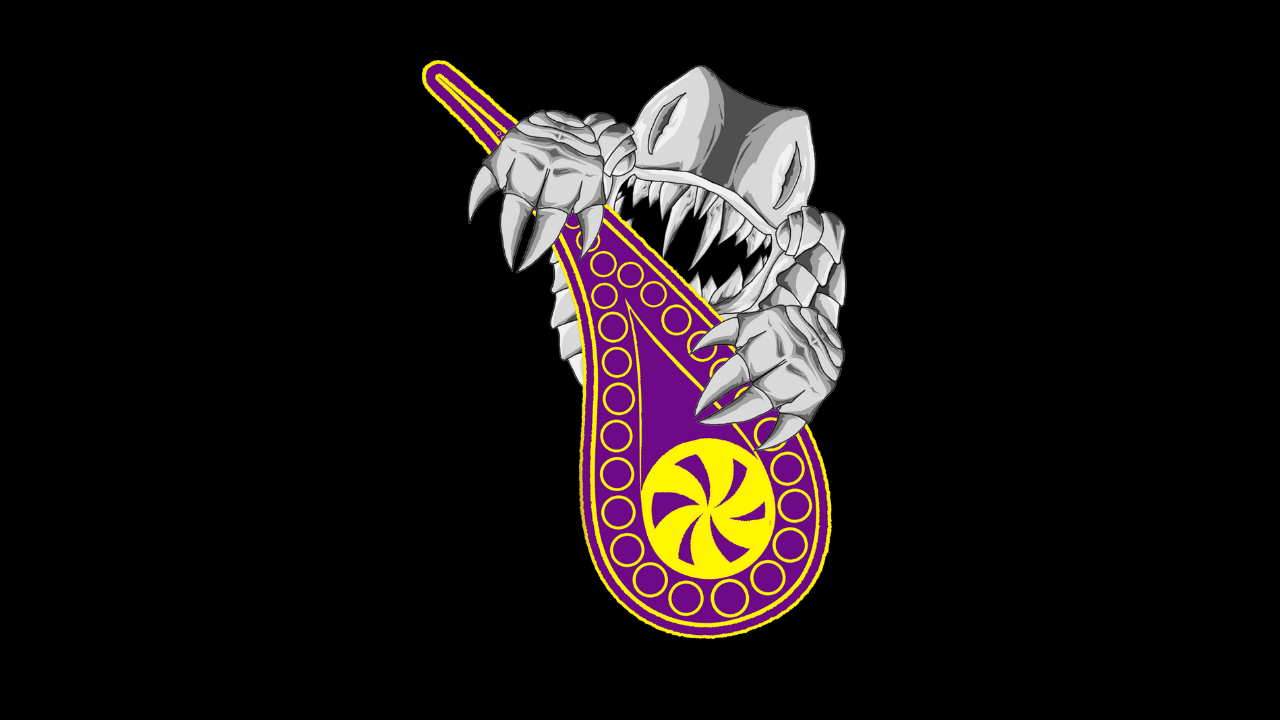Paisley Witch Trials of 1697: Scotland’s Last Execution for Witchcraft
- Gavin Divers
- Jun 5, 2025
- 3 min read
Updated: Jul 4, 2025

In 1697, during what became known as the Paisley witch trials, seven innocent people were hanged and burned near Maxwellton in Scotland’s final mass execution for witchcraft.
On a quiet patch of grass where a circle of trees now grows, seven people were hanged and burned for crimes they didn’t commit.
This is not a ghost story. This is history.
When 11-year-old Christian Shaw, daughter of the Laird of Bargarran, fell mysteriously ill, she accused several townsfolk of witchcraft. What began as a child’s suffering ended in the largest witch trial in Scottish history.
A Town Possessed
Christian’s illness baffled doctors. She convulsed, vomited pins, and claimed she was tormented by evil spirits. Ministers and magistrates took her words as truth. The accused — mostly women, but not only — were arrested and imprisoned in brutal conditions.
Among them were:
Agnes Naismith, a midwife
Margaret Lang, an elderly woman with no family
John Lindsay, a young man of no influence

They were tortured and pressed for confessions. Some gave in. Others maintained their innocence to the very end.
The Gallows Green
On 10th June 1697, seven people were publicly executed at Gallows Green, near present-day Maxwellton Cross. After their hanging, their bodies were burned and their ashes scattered — not as burial, but as erasure.

This marked the final mass execution for witchcraft in Scotland. The law remained for decades, but the horror of Paisley 1697 signalled a turning point — the beginning of the end.
Why We Still Talk About It
This isn’t just an old story. It’s a mirror.
The Paisley witch trials weren’t about magic. They were about fear, power, and control — and how quickly a community can turn on its own. These were real people. Mothers, neighbours, healers.
Today, a memorial stone lies half-forgotten near a car park. But the weight of what happened here still echoes.

Curious what Gallows Green looks like today? Join our Witches Walking Tour and discover where it all happened.
Frequently Asked Questions
What happened in the Paisley Witch Trials of 1697?Seven people were executed following the accusations of a young girl named Christian Shaw. It marked the last mass execution for witchcraft in Scotland.
Where did the Paisley witch trials take place?The trials occurred in Paisley, with the executions carried out at Gallows Green, near present-day Maxwellton Cross.
Join the Witches Walking Tour
At Paisley Tours, we don’t dramatise for effect — the truth is haunting enough. We take you to the very locations where these stories unfolded. You’ll stand where the trials were held. Walk the path to Gallows Green. Hear the names. Feel the silence.
🔥 Walk Where They Were Tried. Remember What They Endured.
🗝️ Want to stand where Scotland’s last witch trial ended?
Retrace the footsteps of the accused. Hear their stories. See the site of the Gallows Green for yourself.
Because remembering is an act of resistance.





Comments